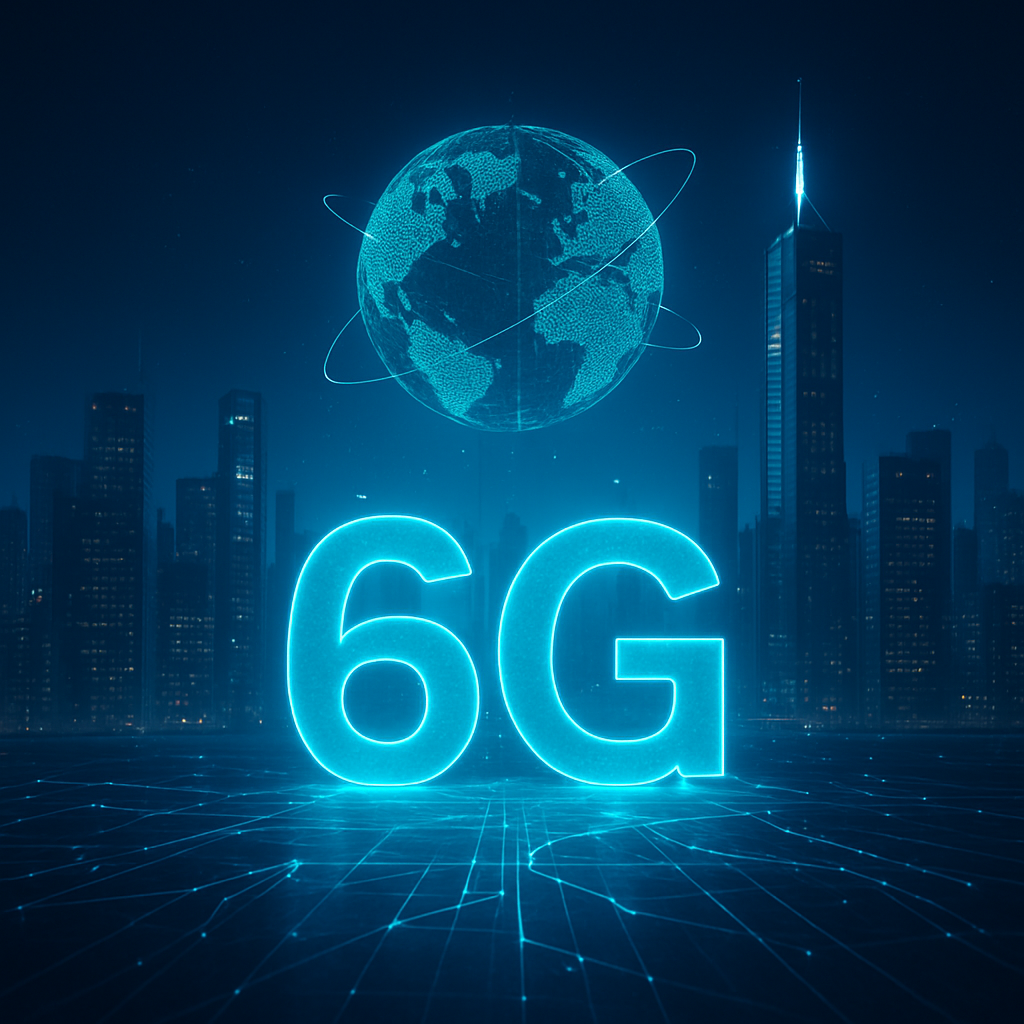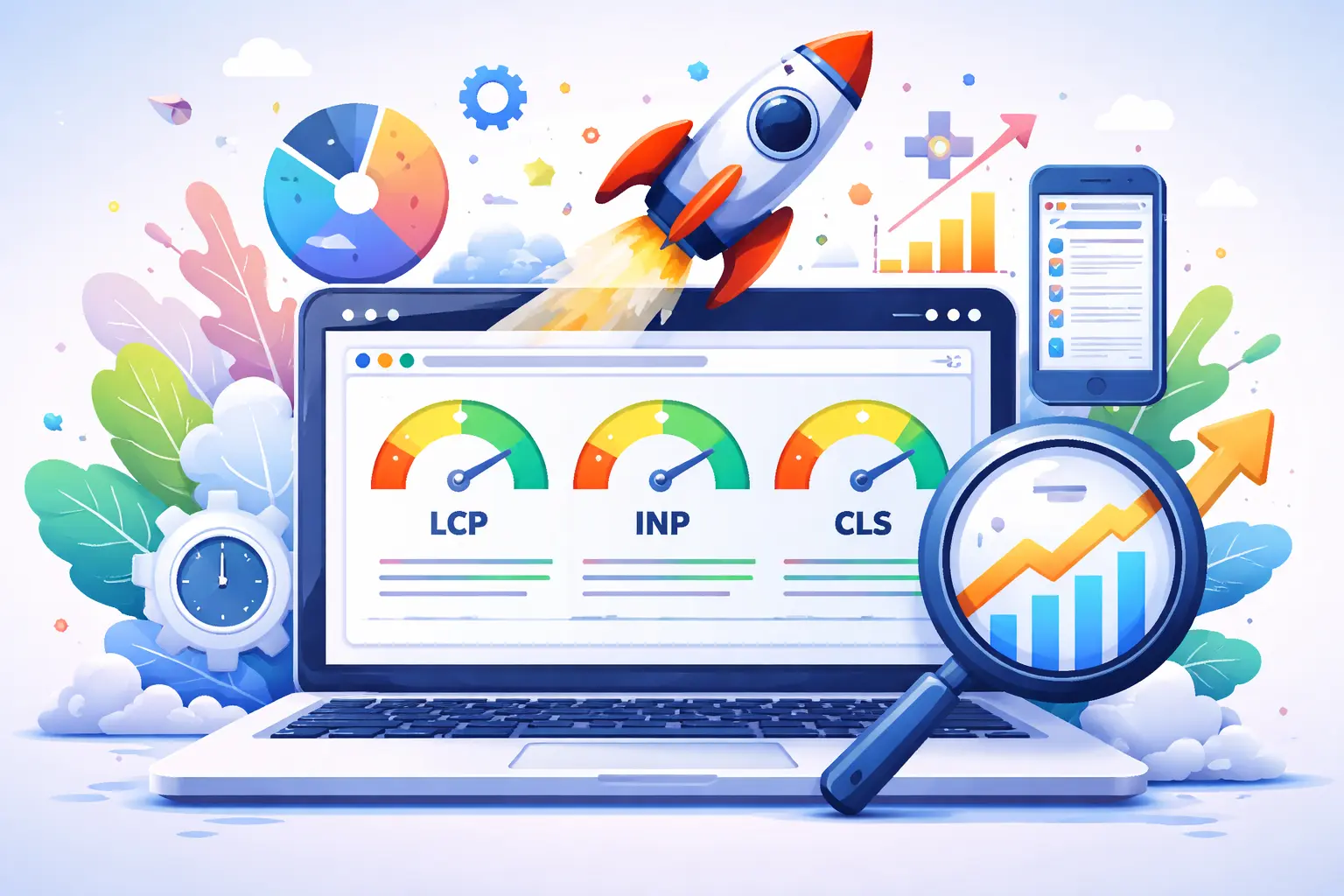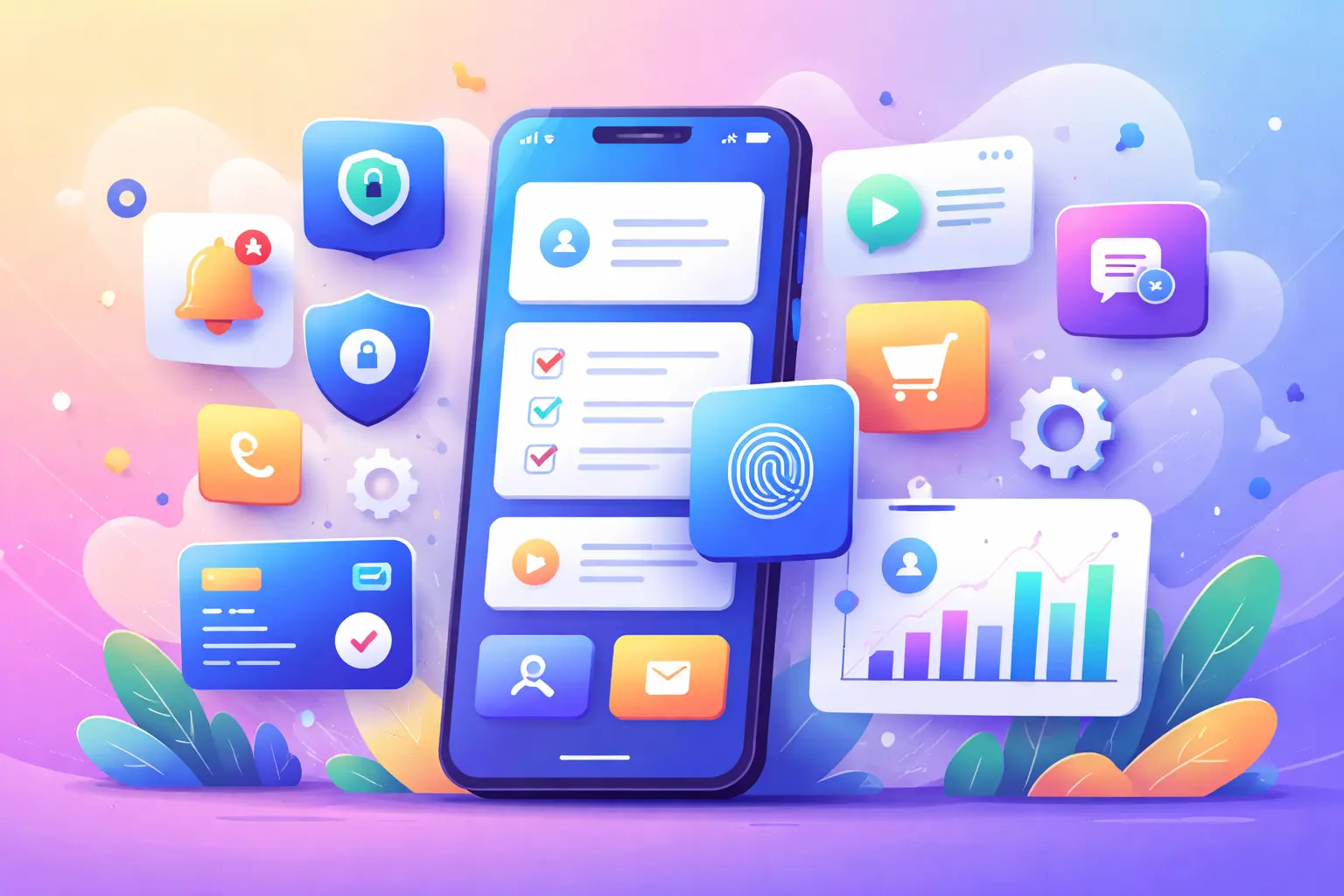While many businesses are still exploring the full potential of 5G, the world is already preparing for the next leap — 6G. Expected to roll out in the early 2030s, 6G promises to be more than just faster internet. It will reshape how businesses operate, connect, and innovate in a hyper-digital world.
What is 6G?
6G, or sixth-generation wireless technology, is projected to deliver speeds up to 100 times faster than 5G, with latency as low as one microsecond. But it’s not only about speed — 6G aims to integrate artificial intelligence (AI), advanced IoT, holographic communication, and seamless connectivity into everyday business operations.
Key Business Impacts of 6G
- Ultra-Fast Data Transfer: Real-time analytics, massive datasets, and high-resolution media can be transmitted instantly, unlocking new opportunities in industries like healthcare, finance, and e-commerce.
- Immersive Experiences: Holographic meetings, AR/VR shopping, and digital twins will become mainstream, redefining customer experiences.
- Smarter IoT Ecosystems: With billions of connected devices, businesses can build more efficient, automated, and intelligent systems.
- Global Remote Work: Seamless, lag-free communication will make remote collaboration even more powerful, connecting teams across the globe.
Challenges to Expect
Like any new technology, 6G comes with challenges. Infrastructure development will require significant investment, data security concerns will grow, and businesses will need to adapt quickly to avoid being left behind.
Preparing for the 6G Future
- Stay updated on telecom developments and government roadmaps.
- Invest in scalable and cloud-based technologies.
- Experiment with AR, VR, and IoT solutions now to stay ahead.
- Develop a long-term digital transformation strategy.
The Bottom Line
6G won’t just be about faster connectivity — it will transform industries by merging physical and digital worlds like never before. For businesses, the question isn’t if they should adapt, but how quickly they can leverage 6G to gain a competitive edge.




